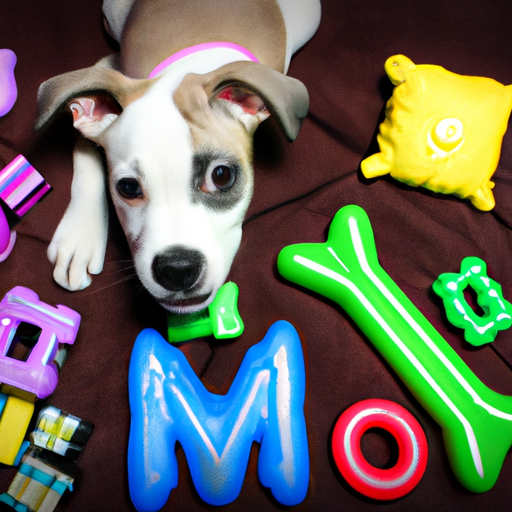Understanding the Teething Process
Firstly, it’s important to understand that teething isn’t just a “phase” that your dog goes through. It’s a crucial part of their growth and development. Just like human babies, puppies are born without teeth. Their baby teeth, also known as deciduous teeth, start to come in when they’re about 3 to 4 weeks old.
So, when do dogs stop teething? Well, it’s generally around the 6 to 7 month mark. However, this can vary depending on the breed and individual health of your dog.
Signs Your Dog is Teething
You’re probably wondering, “How can I tell if my dog is teething?” Here are some common signs:
- Excessive chewing: Puppies love to chew on anything they can find, but it becomes more intense when they are teething.
- Drooling: This is often a sign that your dog’s teeth are starting to come in.
- Irritability: Just like human babies, puppies can become irritable when they are teething.
How to Help a Teething Puppy
Here are some ways you can help your teething puppy:
- Provide teething toys: There are a variety of dog toys specifically designed for teething puppies.
- Use a cold, wet washcloth: This can help soothe your puppy’s gums.
- Consult with a vet: If your puppy seems excessively uncomfortable, it may be worth speaking with a vet.
Potential Teething Problems
While teething is a normal process, there are a few potential problems to watch out for:
- Retained baby teeth: Sometimes, a baby tooth doesn’t fall out when the adult tooth comes in. This can cause problems and may require a visit to the vet.
- Misaligned teeth: If your puppy’s teeth are coming in crooked or causing discomfort, they may need to be corrected.
| Potential Problem | Solution |
|---|---|
| Retained Baby Teeth | Visit the vet |
| Misaligned Teeth | Possible dental correction |
When to Consult a Vet
If you notice any of the following signs, it may be time to consult a vet:
- Your puppy is refusing to eat.
- There is excessive bleeding from the gums.
- You notice swelling or redness in your puppy’s mouth.
Frequently Asked Questions
Q: How long does the teething process last?
A: Generally, the teething process lasts until about 6 to 7 months of age.
Q: What can I give my puppy for teething pain?
A: You can provide teething toys or a cold, wet washcloth. If your puppy seems excessively uncomfortable, consult with a vet.
Q: What happens if my puppy’s baby teeth don’t fall out?
A: If baby teeth don’t fall out when the adult teeth come in, it can cause problems. You should consult with a vet if this happens.
Remember, while teething can be a difficult time for both you and your puppy, it’s a normal part of their development. With a bit of care and understanding, you can help them get through it.



